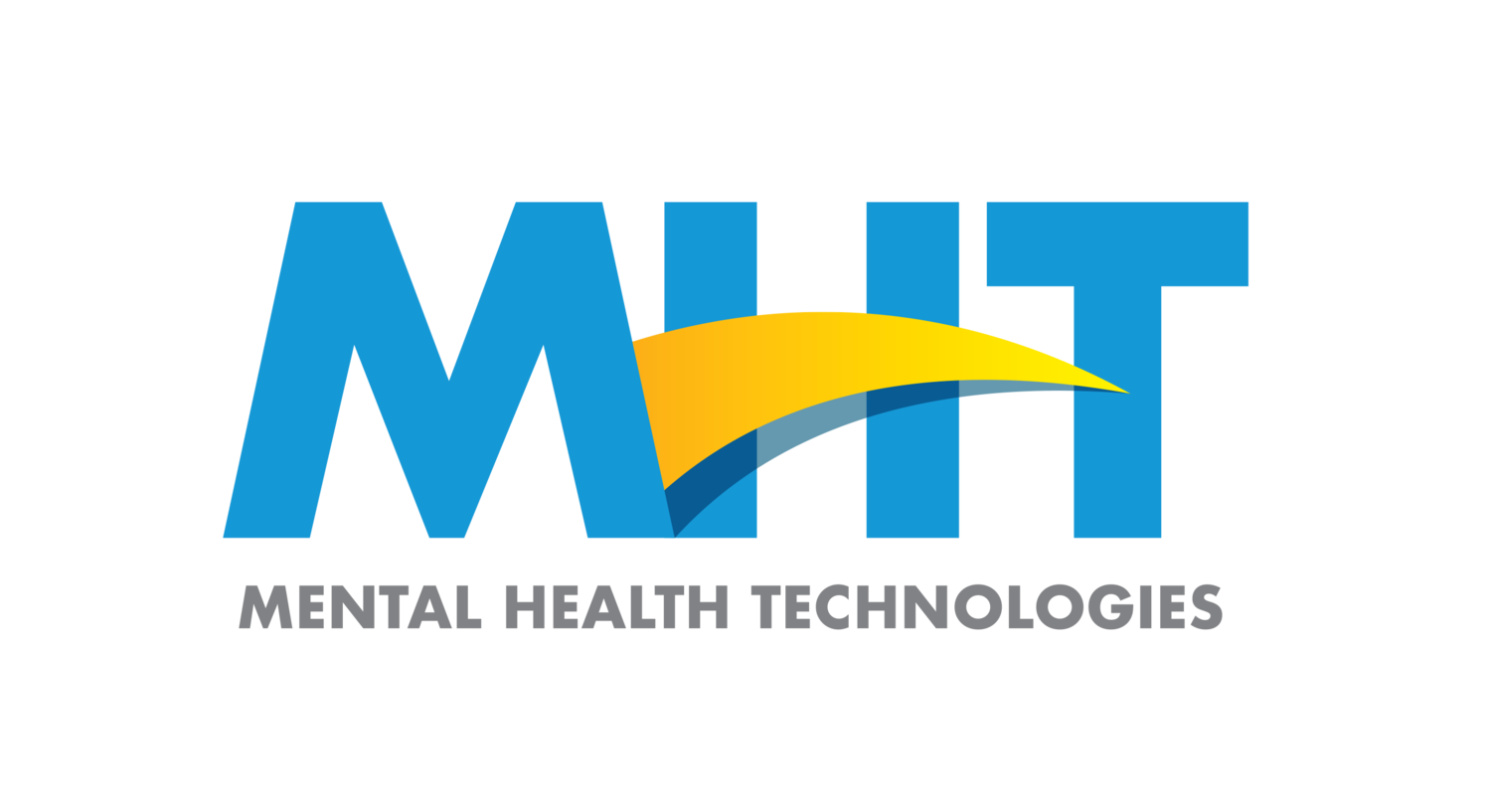When Medication and Therapy Don’t Work, Some Patients Turn to Magnetic Stimulation for Depression Treatment
Depression is already a crisis-level issue in America, and rates are only on the rise. Advanced treatments are needed to nip severe cases in the bud and help Americans live happy and fulfilling lives.
When typical treatments for depression don’t work, some people suffering with depression are turning to TMS, or transcranial magnetic stimulation. Approved by the FDA for both depression and OCD, research is progressing for other mental health disorders, according to the Mayo Clinic.
If you suffer from depression and your symptoms haven’t eased with therapy or medication, TMS may be a viable alternative.
What does TMS treatment entail?
No sedation, no anesthesia and no never-ending office visits. TMS is a noninvasive treatment that uses electromagnetic pulses to stimulate nerve cells. Mainly used to treat depression for those who haven’t responded to antidepressants or psychotherapy, TMS is sometimes used in conjunction with other treatments as well as standalone.
Patients can expect a month to six weeks of treatment, which comprises four or five 40 minute sessions each week in an outpatient setting. There is a less than 0.1% risk of seizure or loss of consciousness with TMS, according to the Anxiety & Depression Association of America, and few side effects. That also means patients can drive themselves to and from appointments.
Here’s what treatment looks like, per Healthline and the ADAA:
Your technician will place an electromagnetic coil, about the size of a hand, against the front of your scalp.
You’ll hear a clicking sound as short electromagnetic pulses are administered through the coil. Small electrical currents stimulate nerve cells in the targeted region of the brain.
You’ll also feel a tapping or knocking sensation beneath the magnetic coil.
After the session, you can head home.
What MHT has found:
Mental Health Technologies’ platform tests and tracks a range of mental health and substance abuse disorders. Our data comes from dozens of our partner clinics across the United States.
For all patients taking the standard depression questionnaire through our HIPAA-compliant screening platform, a fifth signal either moderately severe or severe depression. Of those patients, we ask "if they'd like to learn more about an advanced treatment for their depression."
Over 50% respond, "Yes.”
In other words, many people struggling with depression are not finding adequate relief from psychotherapy or antidepressants. There’s strong demand for additional treatment options. MHT has now identified 20,000+ patients that scored for relatively severe cases of depression and said yes to advanced treatment like TMS. Mental Health Technologies helps primary care physicians, mental health providers and other healthcare specialists identify, track and refer for mental conditions.
For clinicians, we can help you send patients assessments, upload results into your EHR, notify you of high-risk answers and make referrals on your behalf. MHT also tracks and uploads subsequent test results performed by referred specialists.
To learn more about how the MHT service works, contact us here, today.
Resources:
1.https://www.mayoclinic.org/tests-procedures/transcranial-magnetic-stimulation/about/pac-20384625#:~:text=Overview,surgery%20or%20cutting%20the%20skin
2.https://adaa.org/finding-help/transcranial-magnetic-stimulation
3.https://www.healthline.com/health/tms-therapy#potential-benefits

